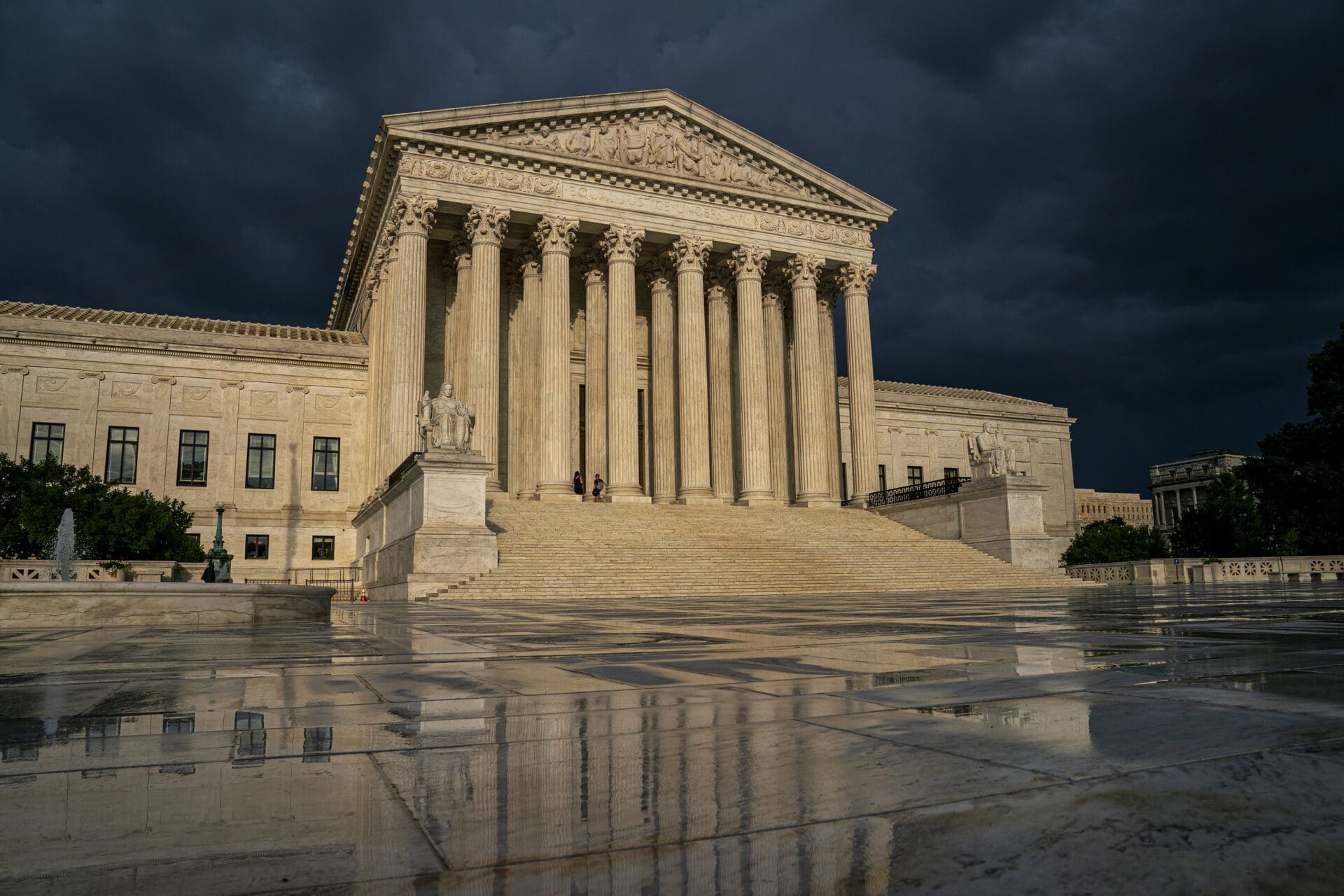The National Shooting Sports Foundation (NSSF) filed an amicus brief with the U.S. Supreme Court in support of the challenge by Michael Cargill in Garland v. Cargill. Cargill challenges that the Bureau of Alcohol, Tobacco, Firearms and Explosives (ATF) overstepped its authority when officials there published a final rule that criminalized the possession of bump stocks by classifying them as machine guns.
“No matter what their intent is, ATF does not have the authority to supersede Congress by writing their own criminal law,” says Lawrence G. Keane, NSSF senior vice president & general counsel. “Drafting criminal law through the rule-making process has become a dangerous habit of the executive branch that threatens the separation of powers and threatens to relegate the rights guaranteed by the U.S. Constitution as secondary to the whims of bureaucratic authorities. This dangerous precedent must be challenged or we risk surrendering our rights to the administrative state.”
NSSF’s amicus brief argues that the ATF’s bump stock rule exemplifies a troubling trend of ATF regulatory overreach. That overreach has resulted in destabilizing consequences for both the firearm industry and the people whose rights it enables. The ATF initially told the public of bump stocks, “that they were not machine guns” according to the definition approved by Congress and maintained this position for more than a decade, including in interpretation letters to the public. That meant possession of the bump stocks were legal and didn’t fall into the restrictions under the 1934 National Firearms Act that governs possession of automatic firearms.
The ATF’s position on bump stocks changed following the 2017 tragedy in Las Vegas when an individual criminally misused firearms, equipped with bump stocks, to attack fans gathered for a country music festival on the Las Vegas strip. The attacker fired the shots from a broken out window in the Mandalay Bay casino and hotel.
President Donald Trump vowed to eliminate bump stocks regardless of Congress. The ATF carried out this order with the Final Rule that bypassed Congress and its sole authority to write criminal law by reclassifying bump stocks as machine guns and subjecting owners to criminal penalties.
Cargill has challenged the ATF’s authority to unilaterally change criminal law through the rule-making process and was unsuccessful at a U.S. District Court. Apanel for the U.S. Court of Appeals for the Fifth Circuit affirmed the district court’s ruling. However, an en banc rehearing, in which all of the judges on the panel sit in and hear a case, by the full U.S. Court of Appeals for the Fifth Circuit reversed the panel’s decision (13-2). The Department of Justice (DOJ) petitioned the U.S. Supreme Court, which has granted a review of the case.





No mention yet on TTAG on the “Freedom Week” we’re enjoying in CA due to Benitez fully enjoining our ammo BGC law, opening up direct online sales from out of state retailers to our doorsteps without an FFL, BGC, and fees?
Buyers here are spazzing out. I’ve been trying since last night to buy, but most sellers haven’t updated their websites yet to allow CA shipments. I was able to score two boxes from a popular seller, but it’s almost cleaned out already. I have a large (multi-case) order in the queue at another and am just waiting for their site to update.
AG Bonta has vowed to appeal to the Ninth, which may happen by tomorrow, so “Freedom Week” might turn out to be only “Freedom Three Days”.
why is sysyphus happy?
Job security?
The Best 2A Bill Ever Submitted?!
I just don’t give a crap about bump stocks. I have tried, due to the principle of the thing, but failed.
Back to my nap.
No one is forcing you to give a crap about bump stocks. This lawsuit is specifically about the principle of being able to possess items for lawful purposes.
Your statement makes it clear that you’re ok with blatant executive branch over-reach in declaring something that was once legal is now felonious contraband.
Here’s hoping you “wake up” at some point…
A friend of mine had a bumpstock on his AR, I had a piece of spring steel in my AK.
We both agreed the piece of spring steel in the AK was better.
The Constitutional Right to Bear Arms was and is all about We The People owning better weapons then a military.
Are they gonna address the “belt loop loophole?” And y’all though that wearing your pants down around your ass was an ethnic thing.
The decision I’d like to see out of this is that only the congress can determine what a machine gun is, but that the congress is constrained by the ‘Bruen’ decision.
I can dream, can’t I? 🙁
Thank you to President Trump who appointed these judges that are trying to save these red c0m mun ist states. And thank you to President Trump for leg@ liz ing m@riju@na.